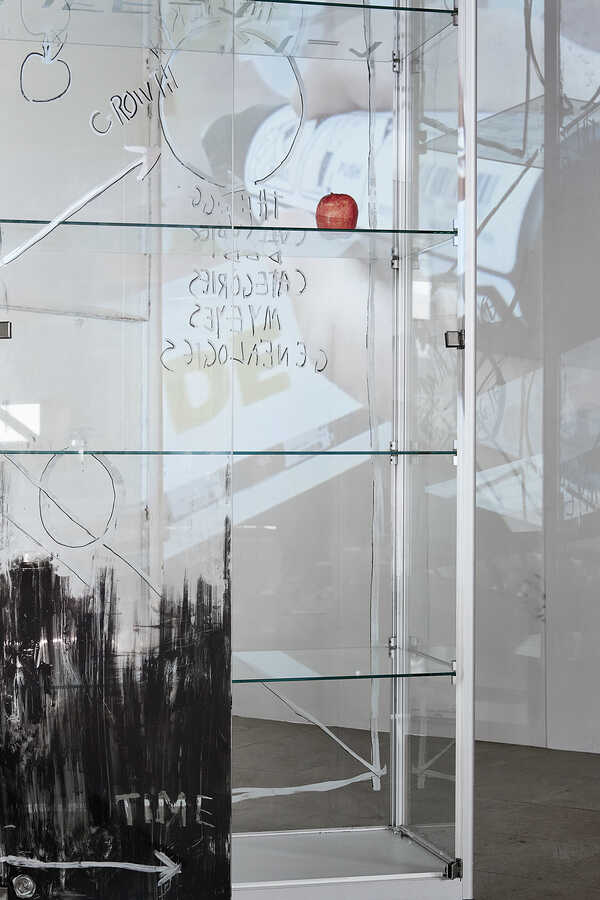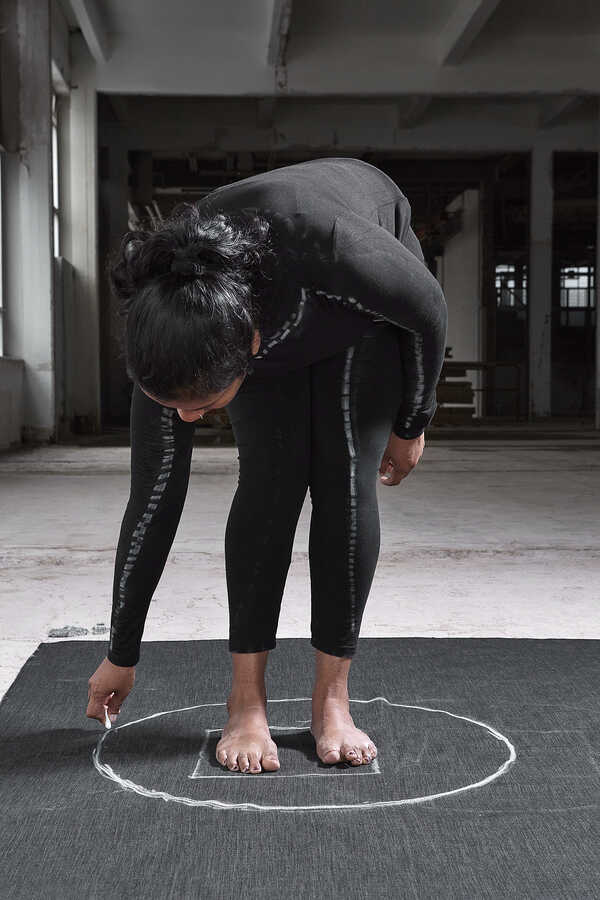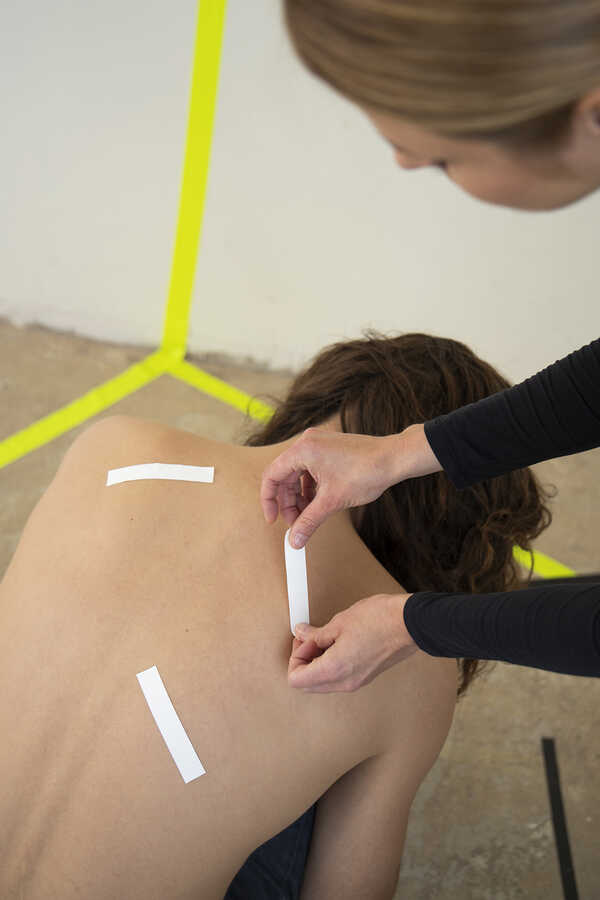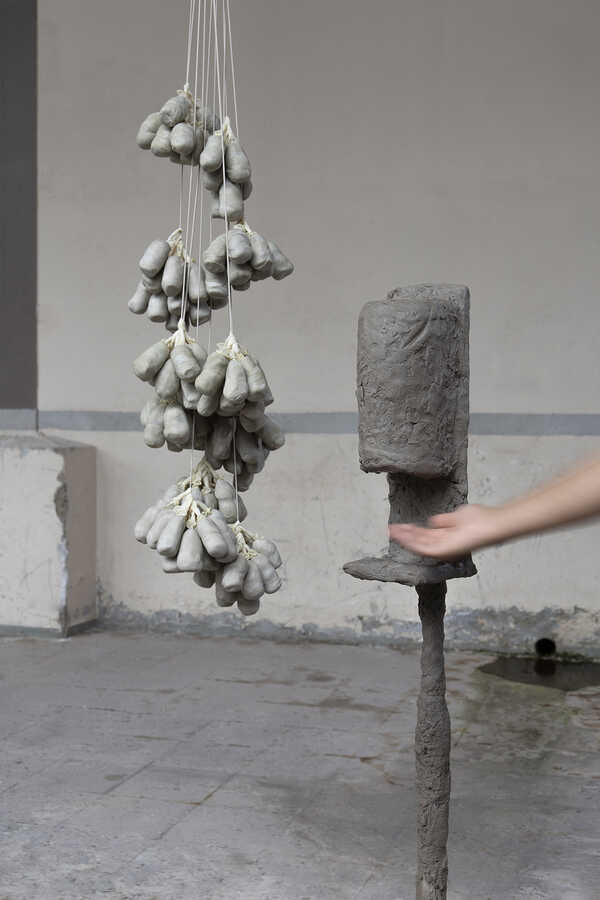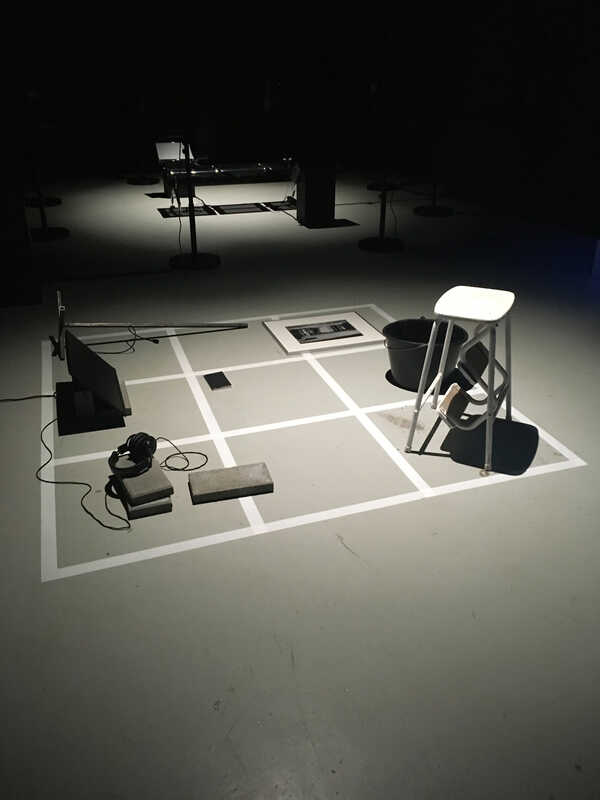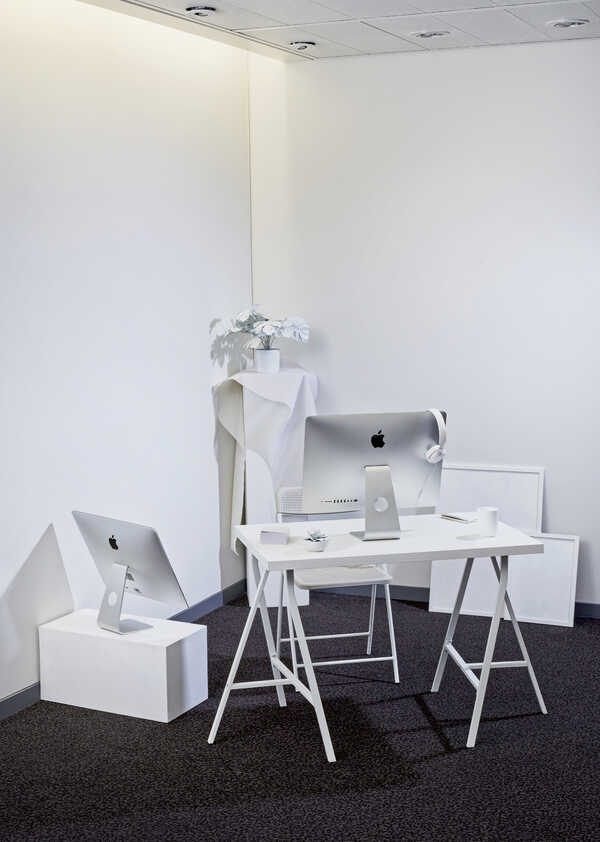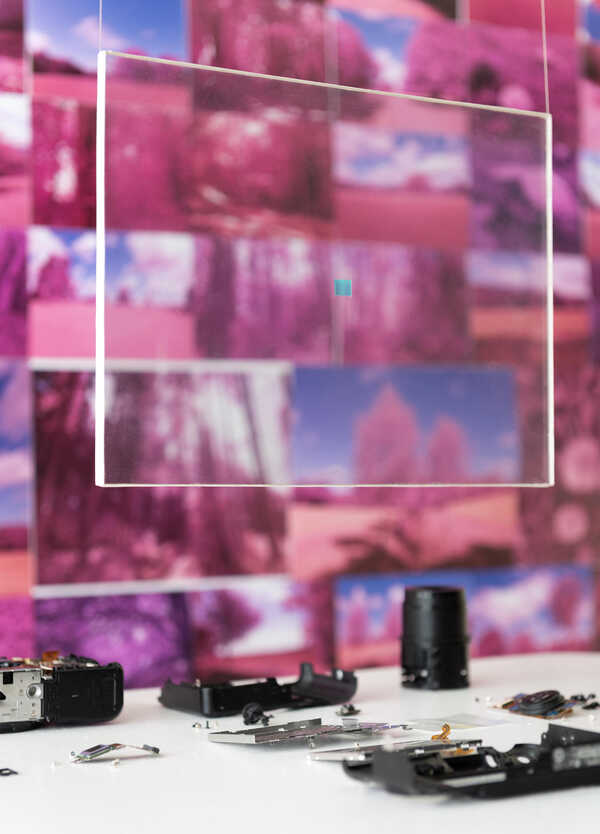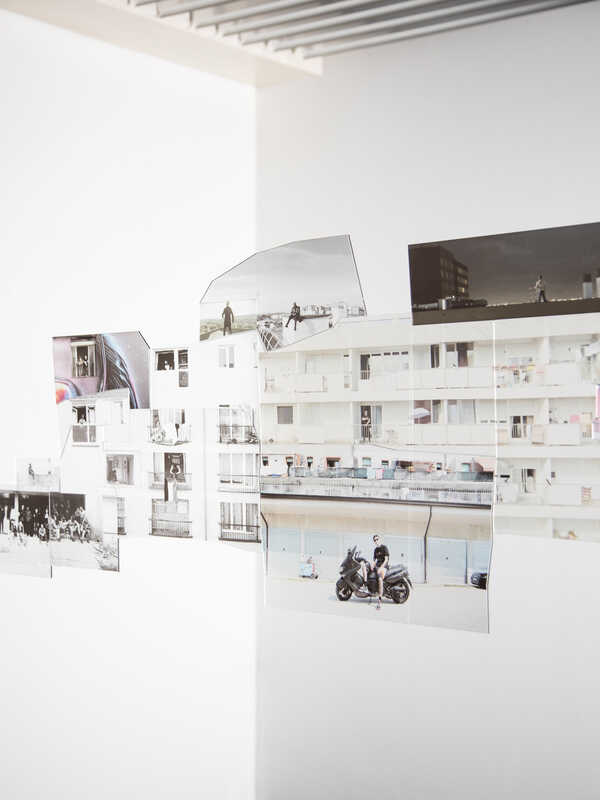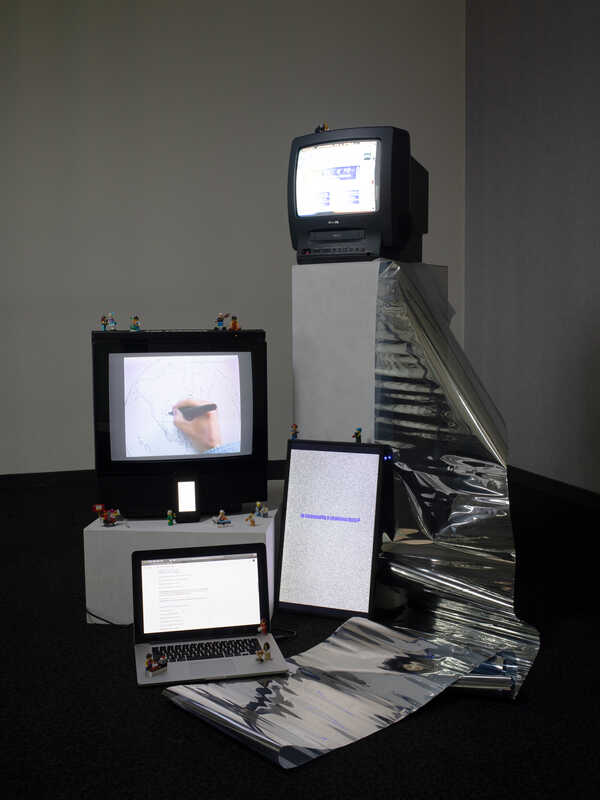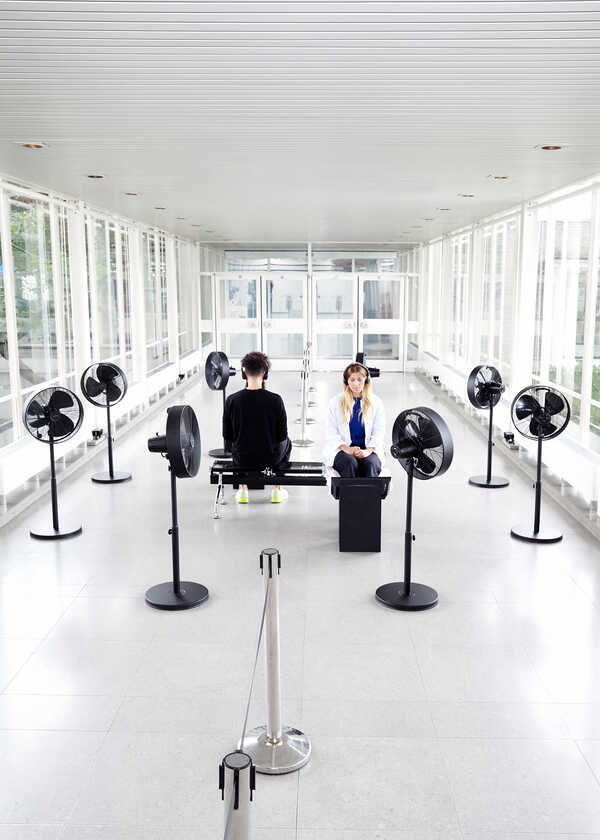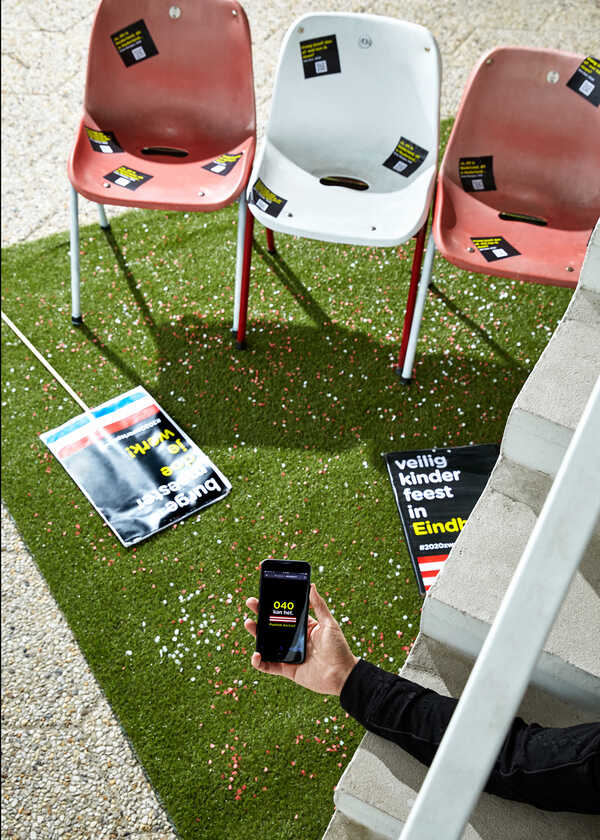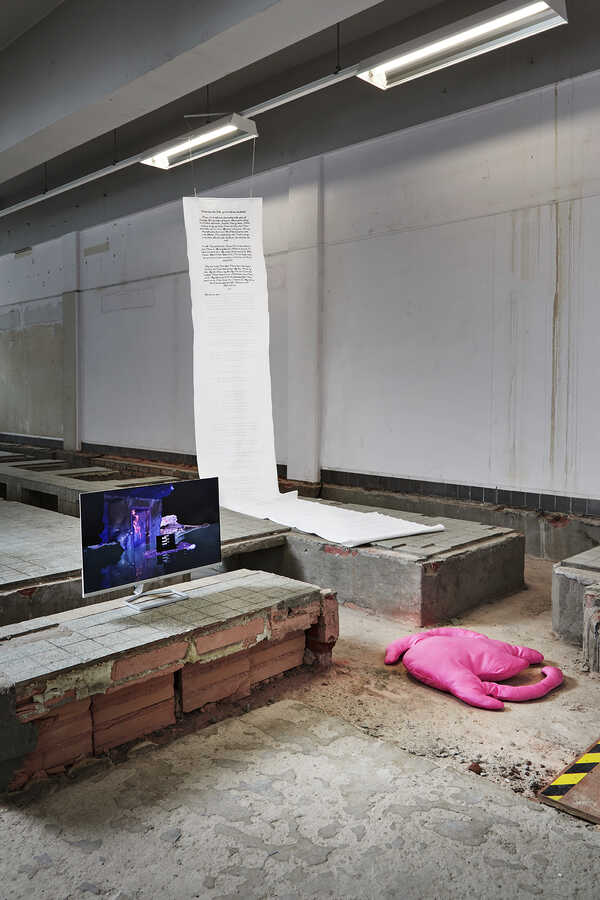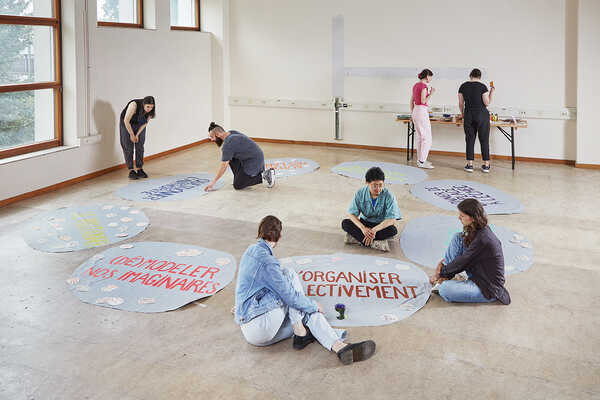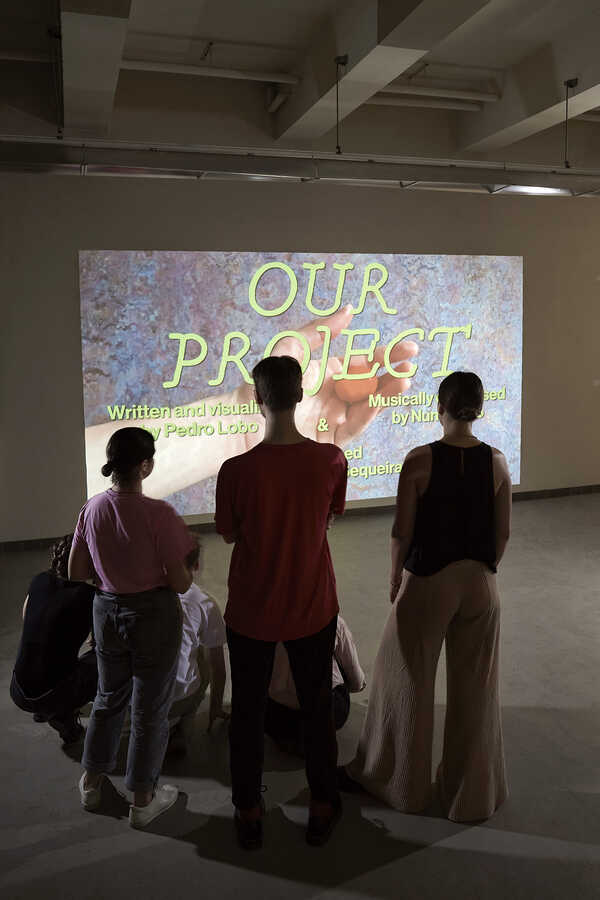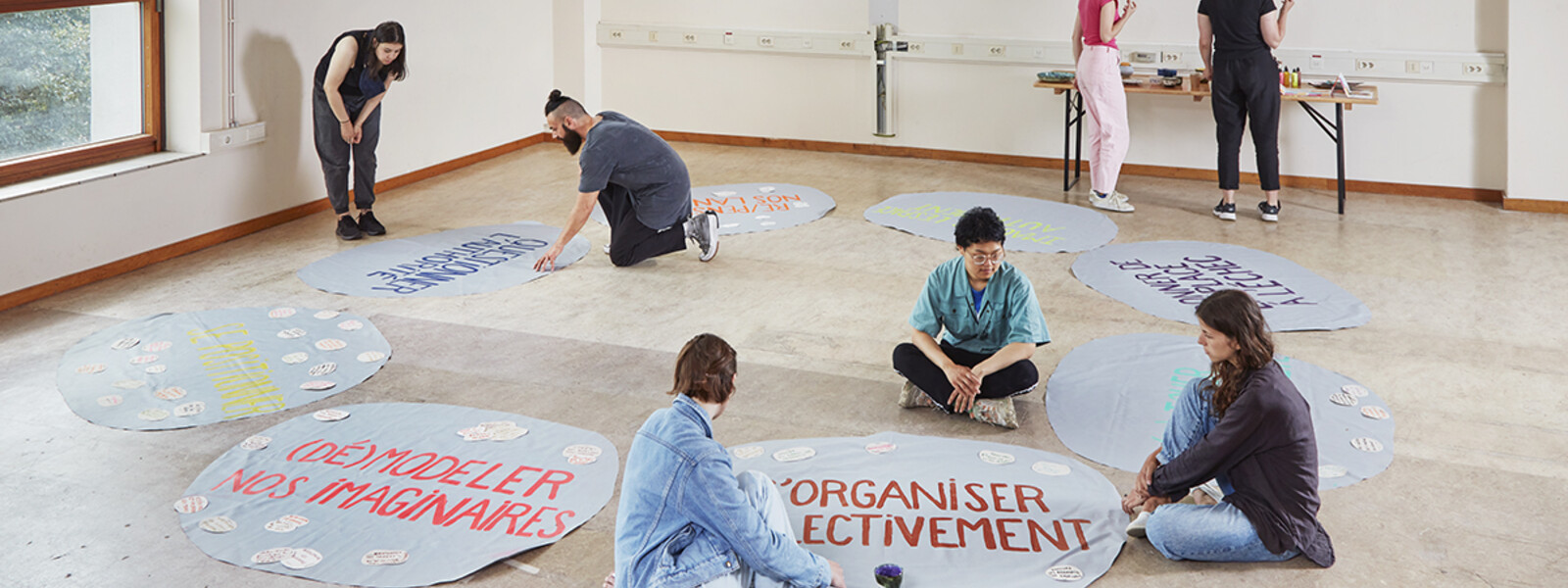The Critical Inquiry Lab
We understand design-research as a mode of thinking through making. The department is rooted in socio-cultural as well as technological analysis coupled with design practice, theory, and its history. We question the role of design in relation to the structures, systems and relations that compose our contemporary societies, aiming to navigate these waters with sharp criticality and hands-on experimentation. In committing to transiting across discourses, we aim to suspend the paradigm of ‘being right’, in order to discover the curiously unexpected while encouraging creative risk-taking within the department and beyond. Driven by an ethos of care, The Critical Inquiry Lab positions design as a vehicle for transformation and public engagement, asking how designers can participate in the making of more equitable and flourishing worlds.
At CIL we seek to foster a pedagogic setting that creates modes of access to urgent problems by learning how to locate planetary-wide issues in workable terms. Our uncertain futures and the disciplinary-nonspecific nature of design-research is viewed as an opportunity to equip students with skills of building relations across materials, fields, people, concepts, issues, as well as local sites of knowledge. We are inspired by feminist and anti-imperialistic epistemologies, understanding that rich histories of design activity are distributed and exceed the confines of Western canons. In this regard, we seek to strengthen the profile of our students with capacities to construct questions and to mediate inquiries across various ways of knowing and making, in an effort to render complex topics accessible for public outreach.
Plural Design Practices
The Critical Inquiry Lab understands that design research manifests in diverse forms, from object-based interventions, moving-images, curatorial practices, strategic actions, staged performances, publishing and/or editorial positions. The development of research methodologies to nurture one’s voice, skills, tools, ethics and tone of artistic research towards tangible outcomes for public engagement, are key to the program.
Our transdisciplinary design course works at the intersection of social organization and planetary entanglements through artistic means, such as researching material cultures, storytelling, and investigating historically evolved injustices. We explore alternative futures, possibilities, and responsibilities for design through an ecology of practices with the ambition of constructing viable hope to improve our coexistence with each other, with non-human species, and with the planet.
Students
We welcome students from any professional background, and embrace the international make-up of our cohorts. What we value is curiosity and an interrogative spirit to the world around you. This course enables students to develop modes of engaging contemporary conditions through design-based inquiries, rather than training for a specific job or field. Alumni land in diverse positions, from independent researcher, curator, editor, to roles at institutions or studios. The program is medium unspecific and we encourage students to experiment across a variety of forms, processes and materials, upholding an equal reciprocity between thinking and doing, theory and making. We encourage direct feedback and provide open channels of communication between the students and tutors.
Tutors
The Critical Inquiry Lab aims to foster in-depth research related to critical studies of race, gender, ecology, as well as socio-technical histories through artistic and design practices. This aim is reflected by the teaching team’s diverse professional background, knowledge and guidance. Our tutors are respected practitioners in their fields who actively weave current content and methods into their classes in an adaptive way.
Acknowledgements
Since the academic year 2023-2024 Patricia Reed and Saskia van Stein Co-Head the Department. Saskia van Stein began as Head of Department in 2019 and took a sabbatical in 2022-23 upon her appointment to General and Artistic Director of the International Architecture Biennale Rotterdam. The department builds on the curriculum and legacy of the heads of its predecessor, Design Curating and Writing (2015-2019), headed by Agata Jaworska and Tamar Shafrir (2018–19), Alice Twemlow (2017–18) and Justin McGuirk (2015–17).

